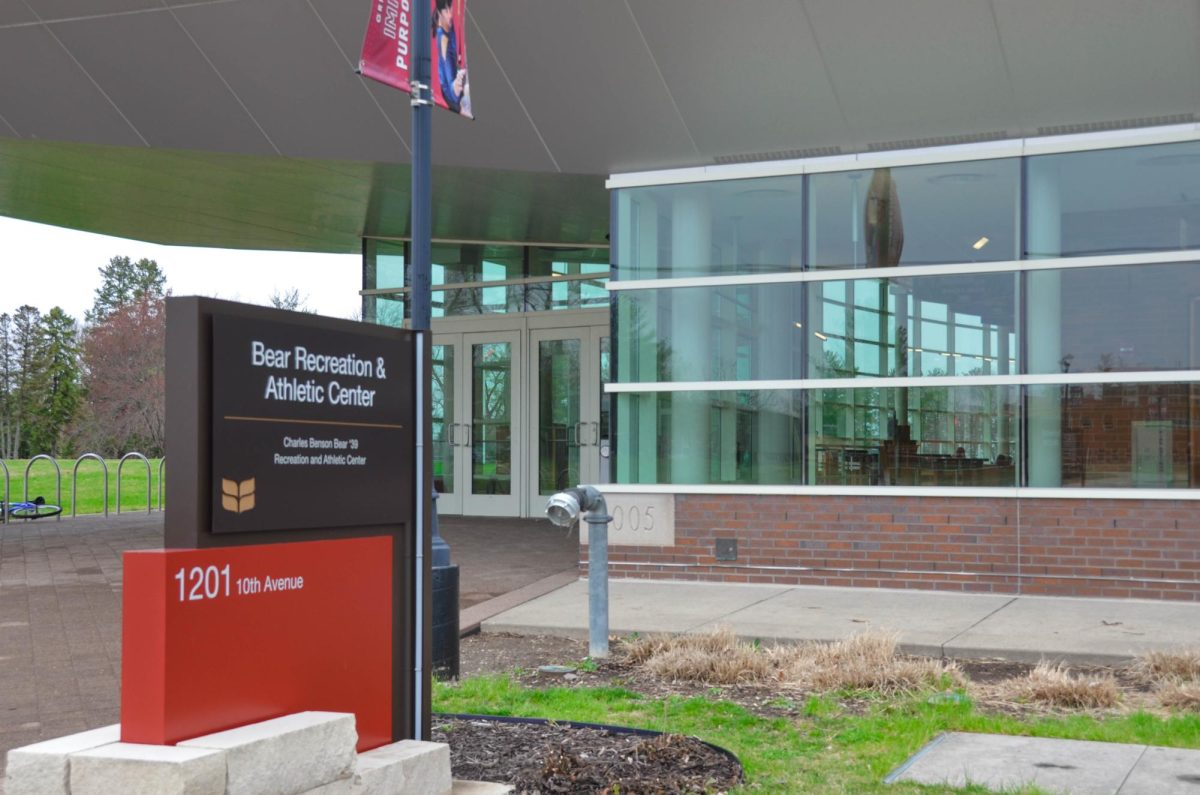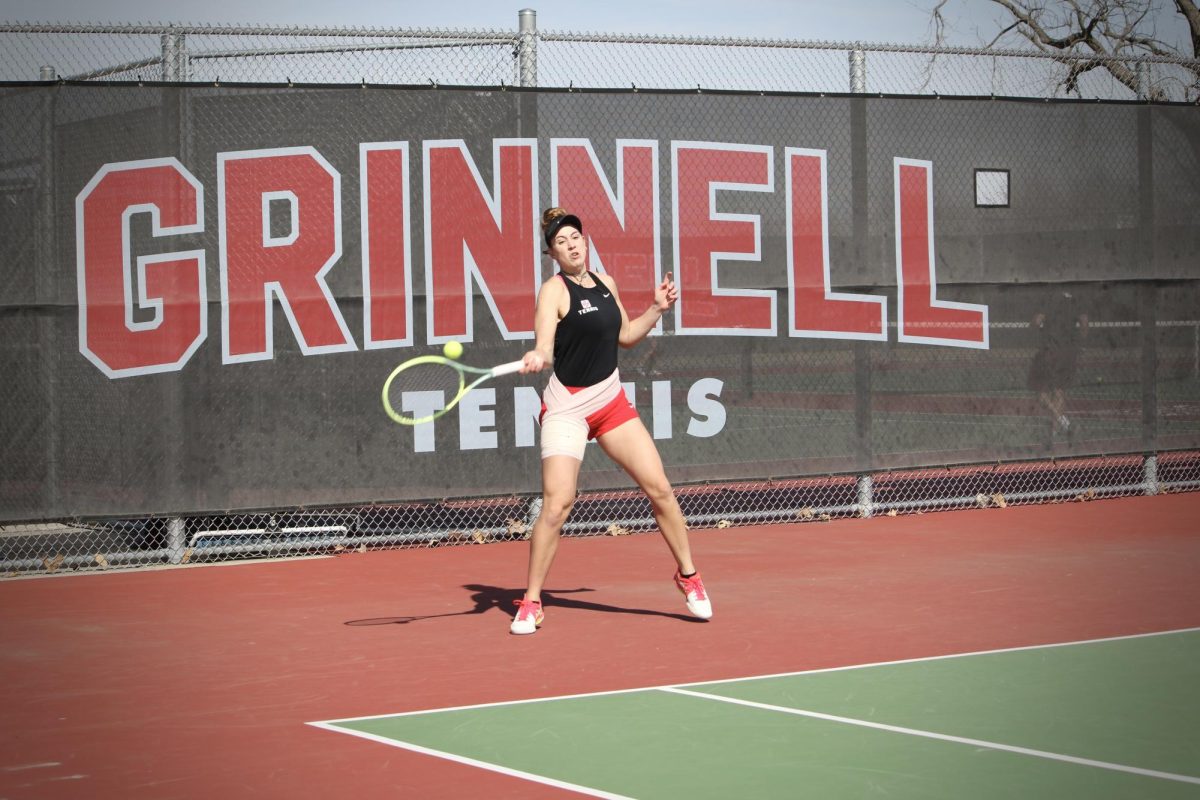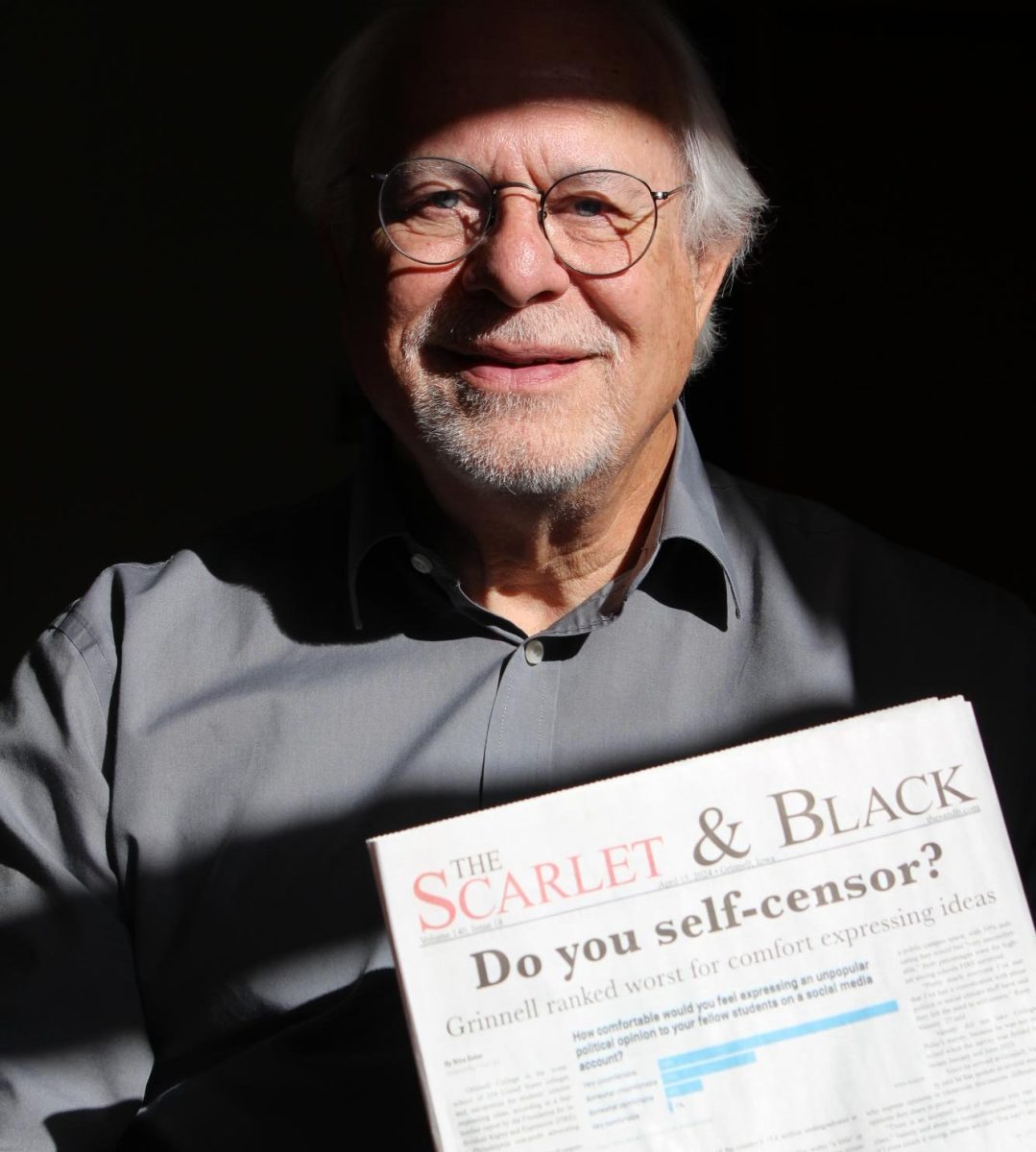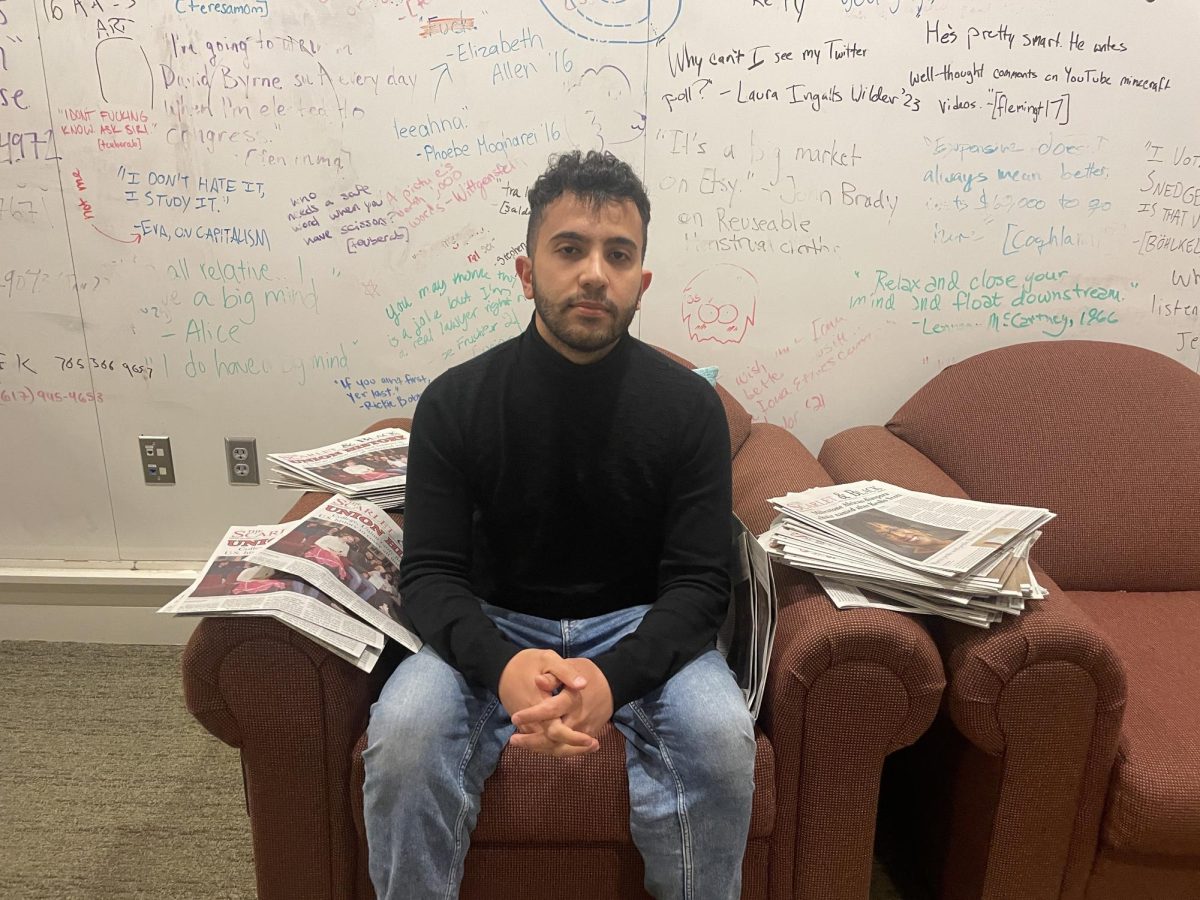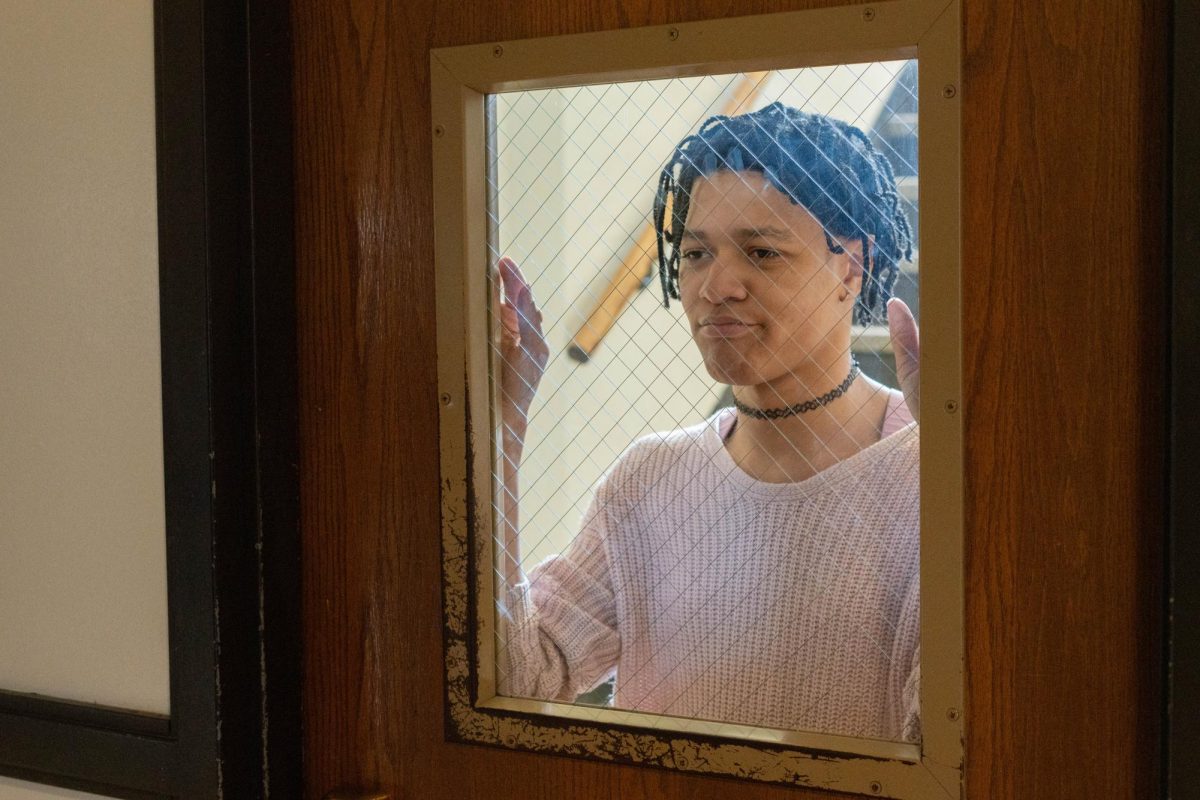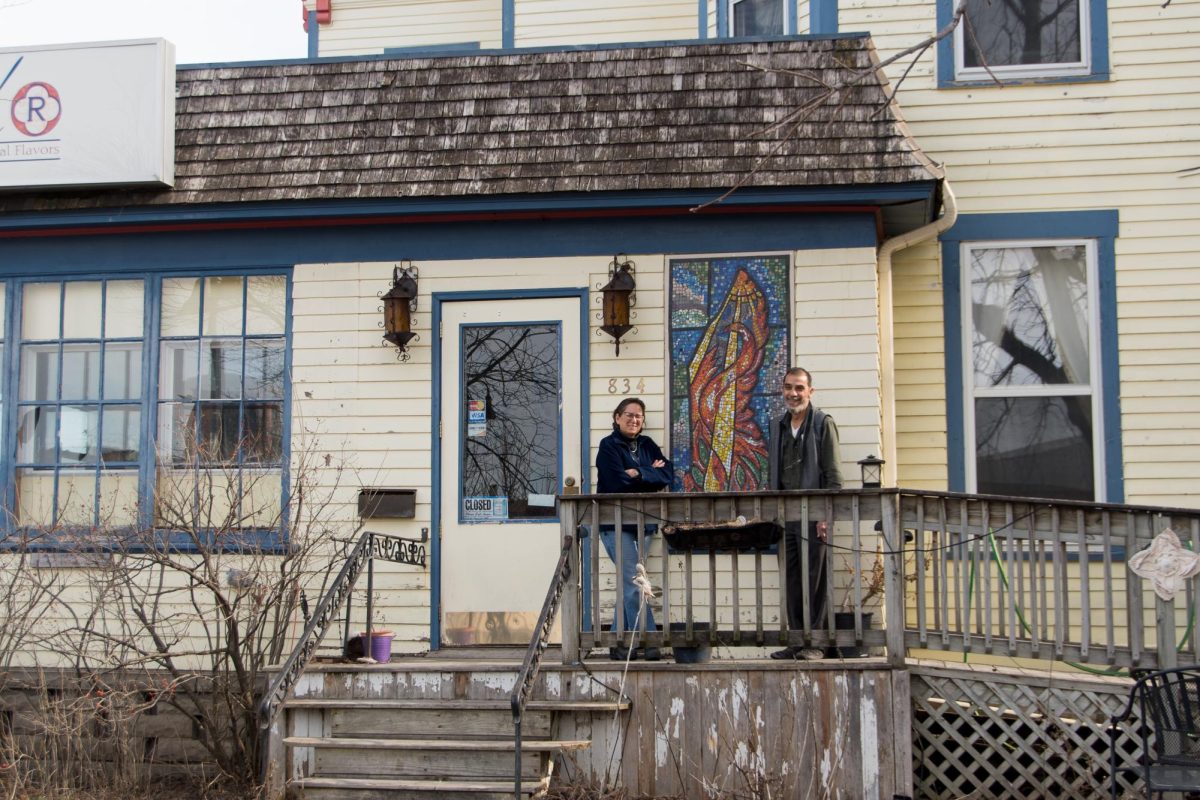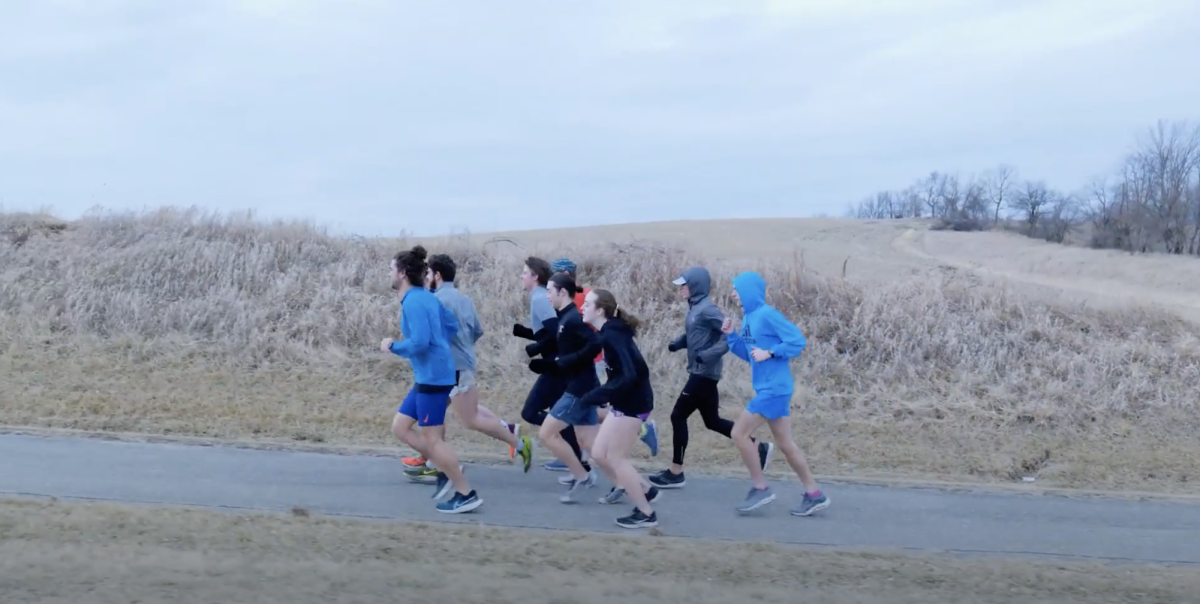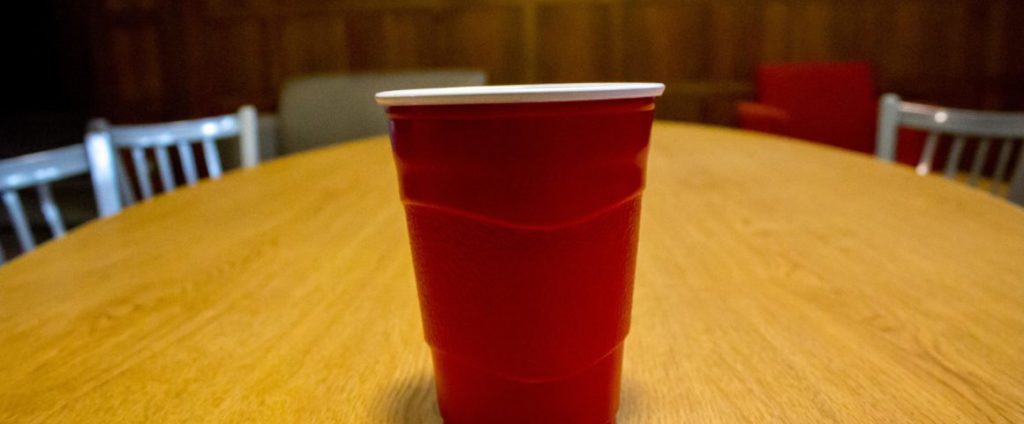JRC 101 played host to two town halls on Tuesday, August 30. The first, at 11 a.m., held by College administration in order to discuss Grinnell’s recent alcohol policy changes, came in an effort to promote dialogue and answer students’ questions about the changes, which have left many feeling angry and confused. The second, at 7 p.m., was student-only and served as a forum in which student voices could respond to the earlier town hall as well as the policy changes overall.
The first town hall began with statements by President Raynard Kington and Andrea Conner, Vice President of Student Affairs. They addressed each of the new policies, including guaranteed sub-free housing, regular walkthroughs by residence life staff, mandatory registration of parties in dorm lounges and the reconstruction of alcohol-focused traditions like 10/10. Conner then laid out the three-pronged approach for the administration’s implementation of these policies, which include open communication, assuming the best of others’ intentions and adjusting the policy if necessary. The floor was then opened up for questions.
Justin Leuba ’18 asked the first question, which addressed the fear that the changes would only move drinking into more harmful environments such as dorm rooms and off campus.
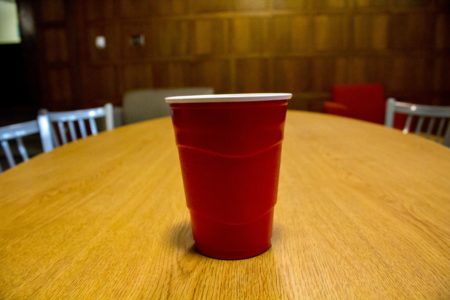
“I definitely agree that the College hasn’t been doing enough in terms of providing a good context for safe and harm-reductive substance consumption, not only for the individual but for the community at large,” Leuba said. “I think that by creating impediments to consuming alcohol in common spaces, [the administration is] effectively pushing it into private spaces such as dorm rooms, such as houses off-campus, which is fundamentally not harm-reductive.”
The administrators were adamant that there is no evidence that those concerns were valid.
“This has been raised repeatedly for 15 years at least in conversations about preventing alcohol use in college … there’s actually no evidence base that that in fact happens regularly,” Kington said in response.
Ella Williams ’19 brought up specific concerns about the possibility of a heightened police presence on campus.
“I would like to talk about the broader implications of this policy and put it in a context outside of Grinnell, specifically with the RLC and Campus Safety walkthroughs,” Williams said. “Whether you mention it or not, that will inevitably lead to increased Grinnell Police presence on campus, and I feel like any time you are increasing police presence on campus you are responsible for the trauma that can inflict. I’d like to talk about this in the context of our militarized state of police in this country and how that will disproportionately affect students of color, trans students and I’d like you to be accountable for that.”
In response, President Kington stressed the importance of following the law, while affirming his awareness of possible biases of police officers.
“All I can say is we have no exception to the law,” Kington said. “I know we think we’re above it but we’re not actually. You know, all we’re talking about is complying with law, and promoting healthy behaviors. Believe me, I’m as attuned as anyone in this room to concerns about police brutality … I have two little black boys that I have to raise, that I have to talk to all the time about these issues.”
Students were not the only ones who expressed concerns, although they were responsible for fourteen of the fifteen questions asked. Professor Samuel A. Rebelsky, Computer Science, brought up one of the causes for alcohol abuse on campus – academic workload.
“Andrea [Conner], you mentioned that this is part of a constellation of actions recommended by the task force,” Rebelsky said, “I’ve looked at that constellation, one of the things that it doesn’t seem to address is the student workload and stress that some of the drinking is clearly in response to. We’re expecting our students to work 12 hours in each course, minimum, and many are working 20-hour a week jobs, and doing extra-curriculars. Is there a group on campus that is talking about this workload actively?”
In response, Michael Latham, Dean of the College said that students should be looking for healthier ways to relieve stress than drinking.
“My hope, to be honest, is as we think about workload, as we think about ways in which students seek to relieve stress, that not only do we have questions about the magnitude of workload, we have questions about how students can study smarter as opposed to always studying harder,” Latham said. “But I think there are also other ways to relieve stress, so I think broadening the extent to which students are capable and encouraged to think of other ways to relieve stress is also one of the things we have to do.”
At the second town hall led by SGA president Anita DeWitt ’17 that evening, student leaders from SGA Cabinet, ACE, residence life and other campus groups convened with concerned students to discuss the policies. The conversation largely focused on the current livelihood of Self-Gov, with students expressing varied views on what Self-Gov means, its role in the alcohol policies and whether the concept is still active at Grinnell. DeWitt also took the opportunity to clarify that a committee comprised of only students will reconstruct 10/10, though the committee has not yet been formed.
While many expressed the belief that the administration has limited Self-Gov at Grinnell, others stressed the need to remind students that Self-Gov also means respect and harm reduction in the Grinnell community, not only freedom in their own actions. Students also discussed concerns related to the implementation and practice of the new alcohol policies, especially the mandated walkthroughs.
“I don’t want campus security walking through my floor at any time of day when I’m not expecting it. I don’t want some stranger old man walking through my living quarters – that doesn’t make me feels safe, that makes me feel very unsafe,” Williams said. “I was at party the other night and there were a couple of CAs doing walkthroughs in the hallway. But they had cookies, and they were very much just making sure everyone was safe and okay. It was one of the most incredible things to see. These policies sound so harsh, and I think they are when they’re implemented by strangers that we don’t know.”
Some students who had been present at the morning’s town hall expressed dissatisfaction with the administration’s conduct.
“Something I found really upsetting about this morning’s town hall was the lack of dialogue on the administration’s part,” Williams said. “I thought that a lot of very important comments and questions were said by students and faculty but I didn’t feel like any of them really got an adequate response from the administration.”
Following the town hall, SGA compiled a list of the changes students want to see, including informing the student body of major changes during the semester instead of breaks, involving more student input, addressing mental health causes for alcohol abuse and improving relationships between RLCs and their residents. With this resulting list of remaining questions and concerns, the conversation between students and administration may be far from over.















